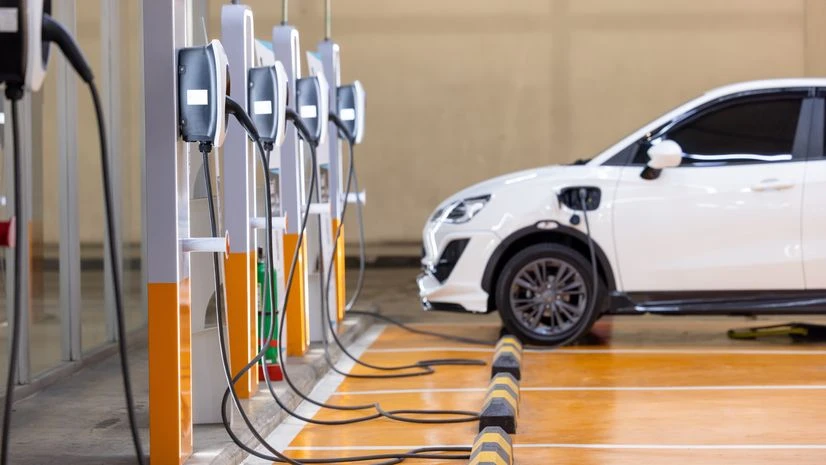)
Car sales have shown mixed trends across the bloc, in part due to diverging policies.
New car sales in the European Union rose 0.2 per cent in July, slowed by declines in France and Germany, while battery-electric vehicles (EV) continued to lose market share, data from Europe’s auto industry body showed on Thursday.
Improvements in the Belgian, Dutch and French electric-vehicle (EV) markets failed to offset a drop of almost 37 per cent in Germany’s battery-electric sales, the European Automobile Manufacturers Association (ACEA) said.
Why it’s important
Car sales have shown mixed trends across the bloc, in part due to diverging policies on green incentives, while regulators have imposed hefty tariffs to try to keep out cheap Chinese EVs.
By the numbers
Electrified vehicles – whether fully electric models, plug-in hybrids or full hybrids – sold in the EU accounted for 50.9 per cent of all new passenger car registrations in July, up from 47 per cent a year earlier.
But sales of battery electric and plug-in cars fell by 10.8 per cent and 14.1 per cent respectively, while those of hybrid-electric cars jumped 25.7 per cent.
Car registrations at Europe’s three largest carmakers Volkswagen, Stellantis and Renault fell in July from a year earlier by 2.2 per cent, 5.2 per cent and 1.7 per cent, respectively, amid growing competition from China.
Sales of EV-maker Tesla dropped by 14.7 per cent, while those for China’s SAIC Motor were up 24.2 per cent.
Context
The European Commission cut on Aug. 20 its proposed tariff on imports of Tesla cars built in China to 9 per cent, while broadly maintaining plans for tariffs on Chinese-made electric vehicles of up to 36.3 per cent.
(Only the headline and picture of this report may have been reworked by the Business Standard staff; the rest of the content is auto-generated from a syndicated feed.)
First Published: Aug 29 2024 | 9:57 AM IST


































